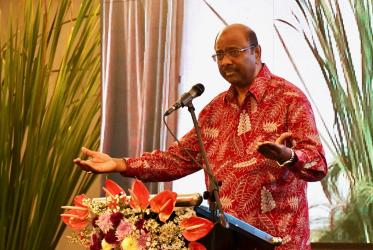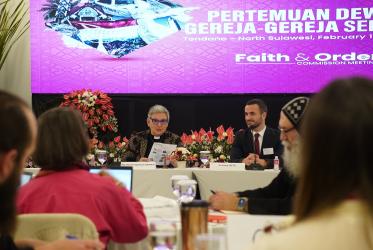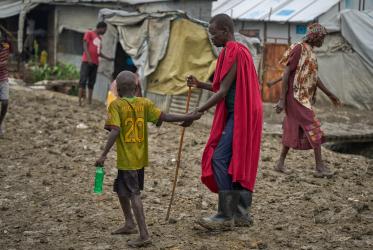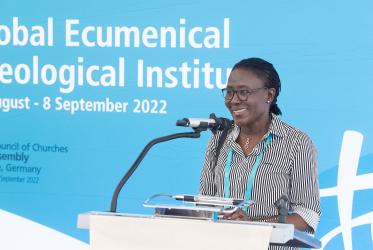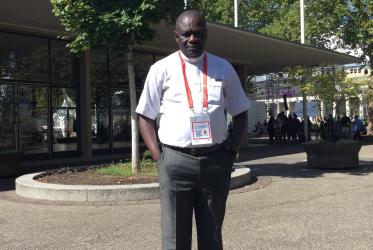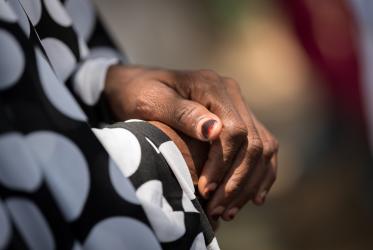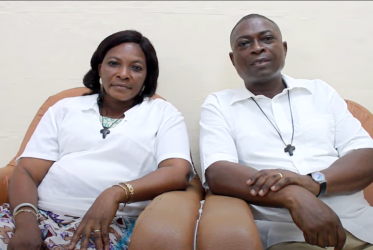Mostrando 1 - 20 de 364
WCC Commission on Faith and Order gathers with hope at the heart
03 Febrero 2024
Pandemic and pedagogy: what are the valuable lessons?
21 Diciembre 2022
Theological education in Africa promotes social transformation
03 Noviembre 2022
El mundo llora la pérdida del arzobispo Desmond Tutu
30 Diciembre 2021
World mourns loss of Archbishop Desmond Tutu
30 Diciembre 2021
